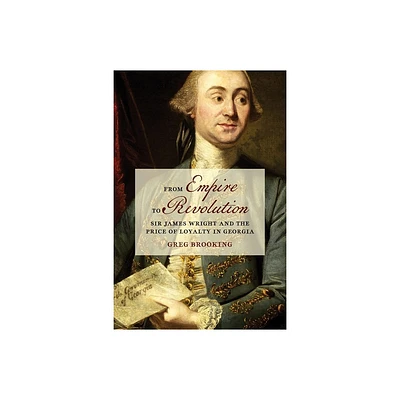Home
Walking Away From Empire
Loading Inventory...
Barnes and Noble
Walking Away From Empire
Current price: $24.95


Barnes and Noble
Walking Away From Empire
Current price: $24.95
Loading Inventory...
Size: OS
*Product Information may vary - to confirm product availability, pricing, and additional information please contact Barnes and Noble
Guy McPherson was a successful professor by every imperial measure: well-published in all the right places, he taught and mentored students who acquired the best jobs in the field, and performed abundant, exemplary professional service. He earned enough to live on a third of his income and still traveled as much as he desired throughout the industrialized world.
In other words, McPherson was the perfect model of all that is wrong with the United States and, by extension, the nations looking to us for an example. Rather than questioning the system, he was raising minor questions within the system.
During the decade of his forties, McPherson transformed his academic life from mainstream ecologist to friend of the earth. He became a conservation biologist and social critic, and his speaking and writing increasingly targeted the public beyond the classroom. McPherson began teaching poetry in facilities of incarceration, trying to give voice to wise people long marginalized or ignored by industrial society. Guest commentaries in local newspapers pointed out the absurdities of American life, as well as limits to growth for the world's industrial economy. Increasingly strident essays drew the attention of university administrators who tried to fire him, and, when that failed, tried to muzzle him. Both routes proved too difficult to impinge upon a tenured full professor. Shortly after administrators gave up trying to force McPherson's departure from a major research university, he left the institution on his own terms when, at the age of 49, McPherson finally awakened to the costs of the non-negotiable American way of life: obedience at home and oppression abroad. In response, he went back to the land, where he raises goats and gardens and works with his neighbors.
In other words, McPherson was the perfect model of all that is wrong with the United States and, by extension, the nations looking to us for an example. Rather than questioning the system, he was raising minor questions within the system.
During the decade of his forties, McPherson transformed his academic life from mainstream ecologist to friend of the earth. He became a conservation biologist and social critic, and his speaking and writing increasingly targeted the public beyond the classroom. McPherson began teaching poetry in facilities of incarceration, trying to give voice to wise people long marginalized or ignored by industrial society. Guest commentaries in local newspapers pointed out the absurdities of American life, as well as limits to growth for the world's industrial economy. Increasingly strident essays drew the attention of university administrators who tried to fire him, and, when that failed, tried to muzzle him. Both routes proved too difficult to impinge upon a tenured full professor. Shortly after administrators gave up trying to force McPherson's departure from a major research university, he left the institution on his own terms when, at the age of 49, McPherson finally awakened to the costs of the non-negotiable American way of life: obedience at home and oppression abroad. In response, he went back to the land, where he raises goats and gardens and works with his neighbors.


















